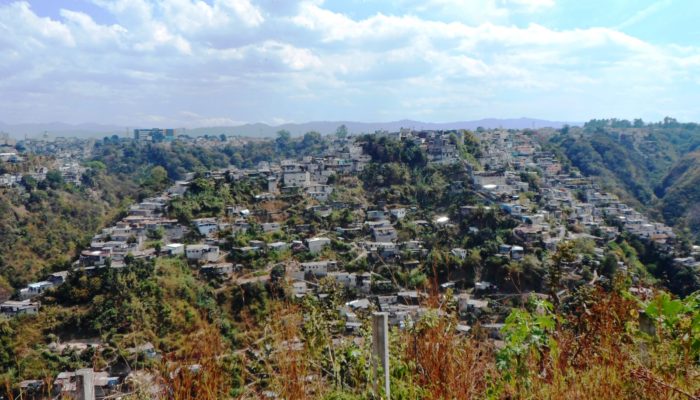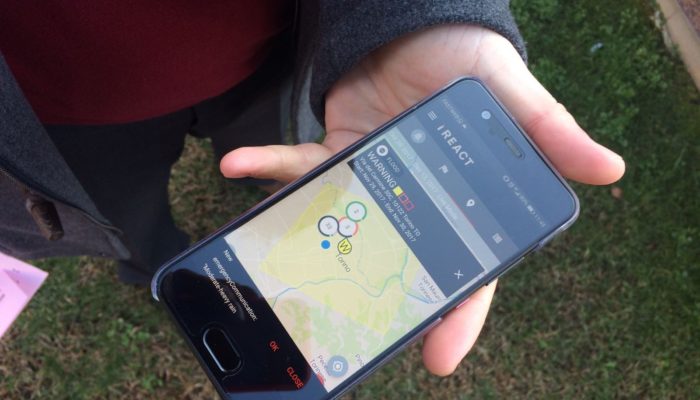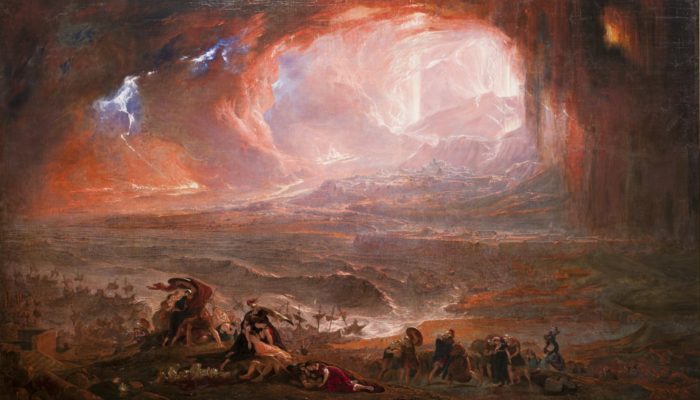Dr Assaf Sukenik is Senior Scientist at Kinneret Limnological Laboratory of the Israel Oceanographic and Limnological Research. His research interests concern the physiology and biochemistry of freshwater and marine algae, Cyanobacteria and algal toxins, the water quality of freshwater ecosystems. What are cyanobacteria and what is their natural habitat? Cyanobacteria (from the Greek word κυανοσ = ...[Read More]
NH10 Multi-Hazards: The Latest EGU Natural Hazards Sub-Division
Earlier this year, the EGU Natural Hazards Division approved the addition of a new sub-division focused on the theme of ‘multi-hazards’. The Science Officers representing this sub-division, Joel Gill (British Geological Survey) and Marleen de Ruiter (IVM-VU Amsterdam), reflect on why this sub-division is necessary and how you can get involved. Many regions are affected by multiple natural hazards, ...[Read More]
I-REACT – ‘Fight disasters with your phone’
Technology has never been more at hand than at the time we are living. Smartphones and the many apps on the market are proof of this. As I recently discovered, there is also an app developed to learn about natural hazards and, as they claim, fight disasters! This app is called I-REACT, and it was born from a homonymous innovation project funded by the European Commission and developed by a consort ...[Read More]
Gaius Plinius Secundus and Sergey Soloviev, two names and awards.
The EGU has an award system in place aiming at recognising eminent scientists for their outstanding contribution in Earth, planetary and space science. There are different medals a researcher can be nominated to, including Division ones. Ah, before I forget: the deadline for this year nominations is 15 June! Don’t miss the chance to appoint an outstanding colleague. You can find more information o ...[Read More]



